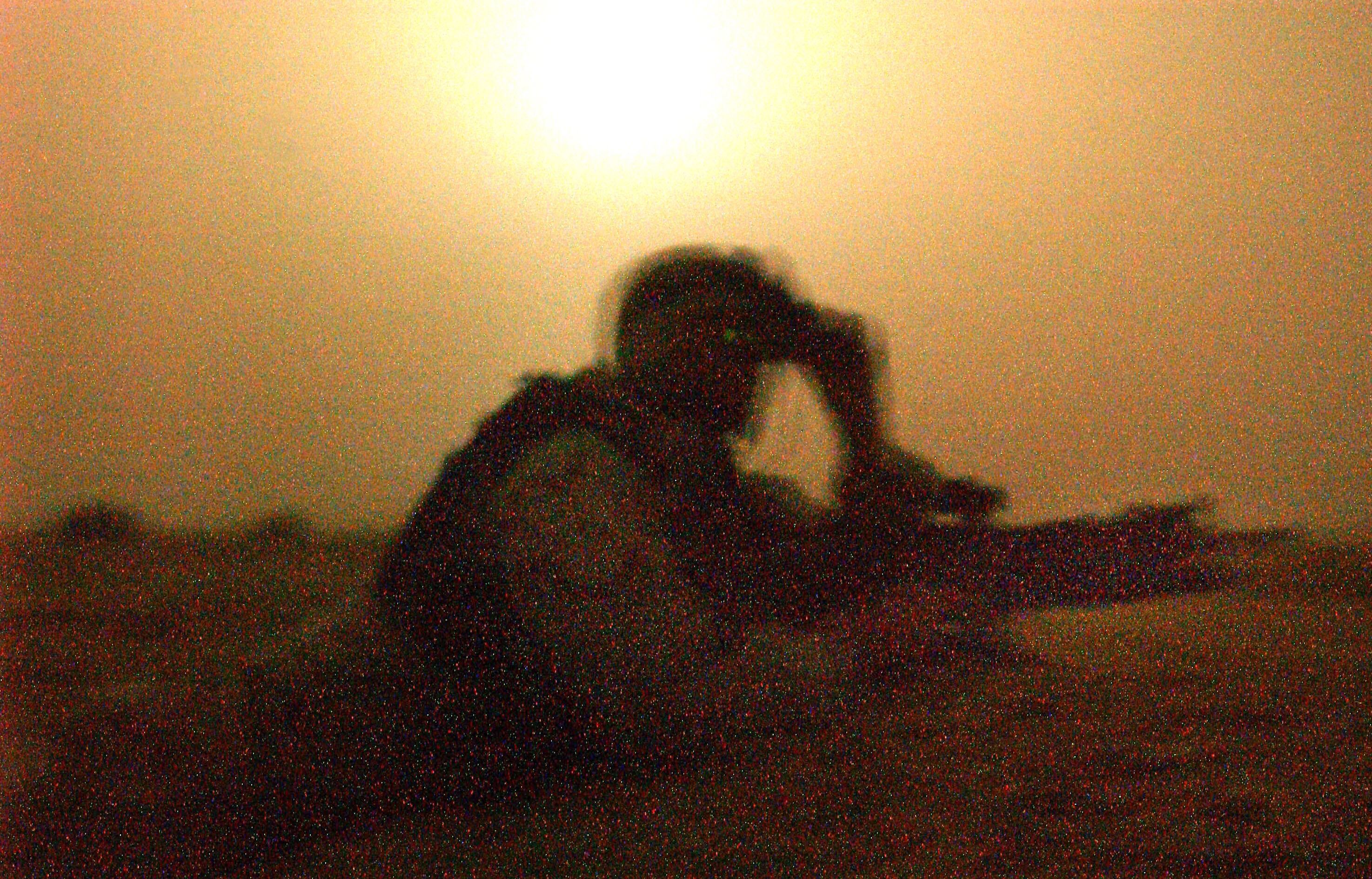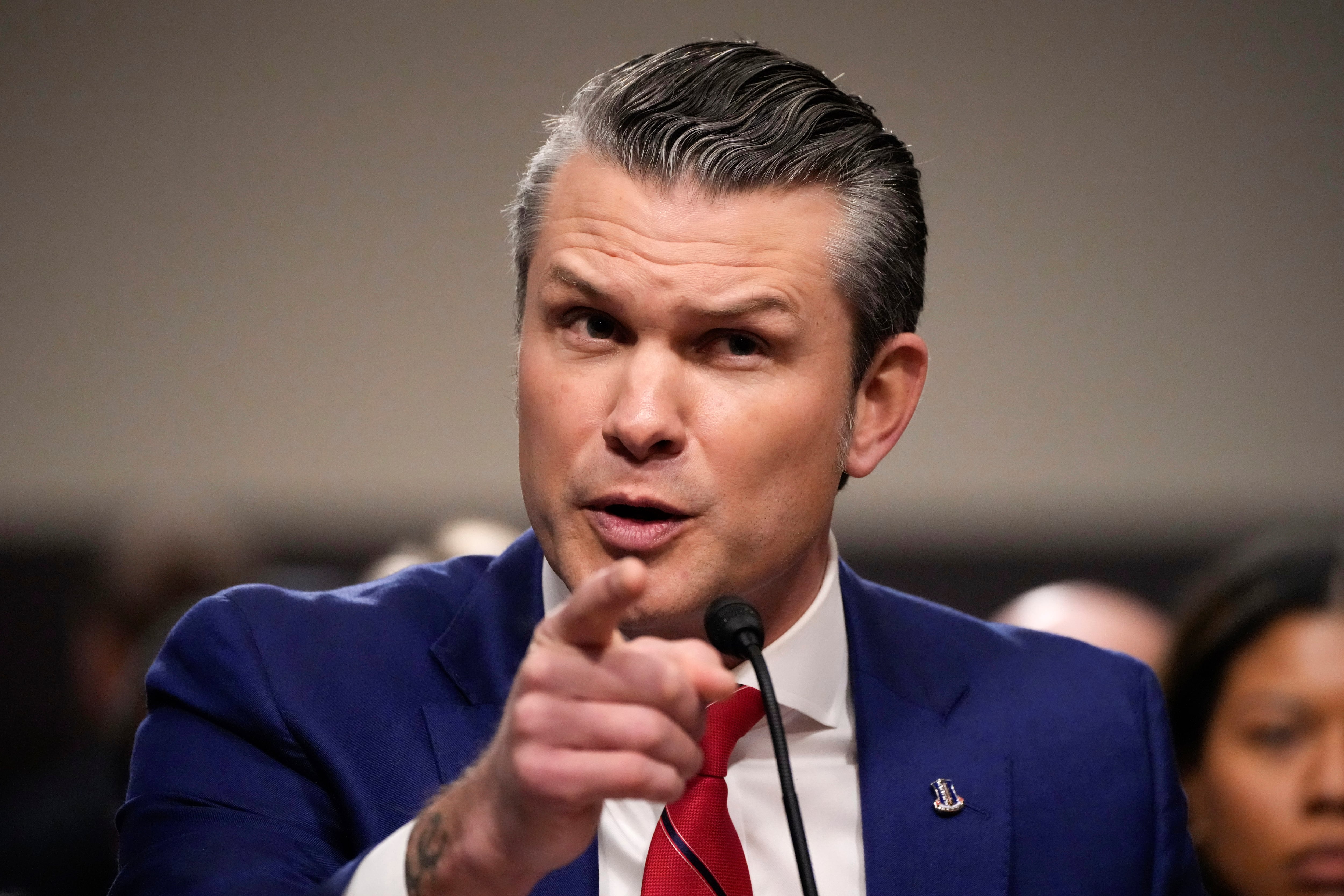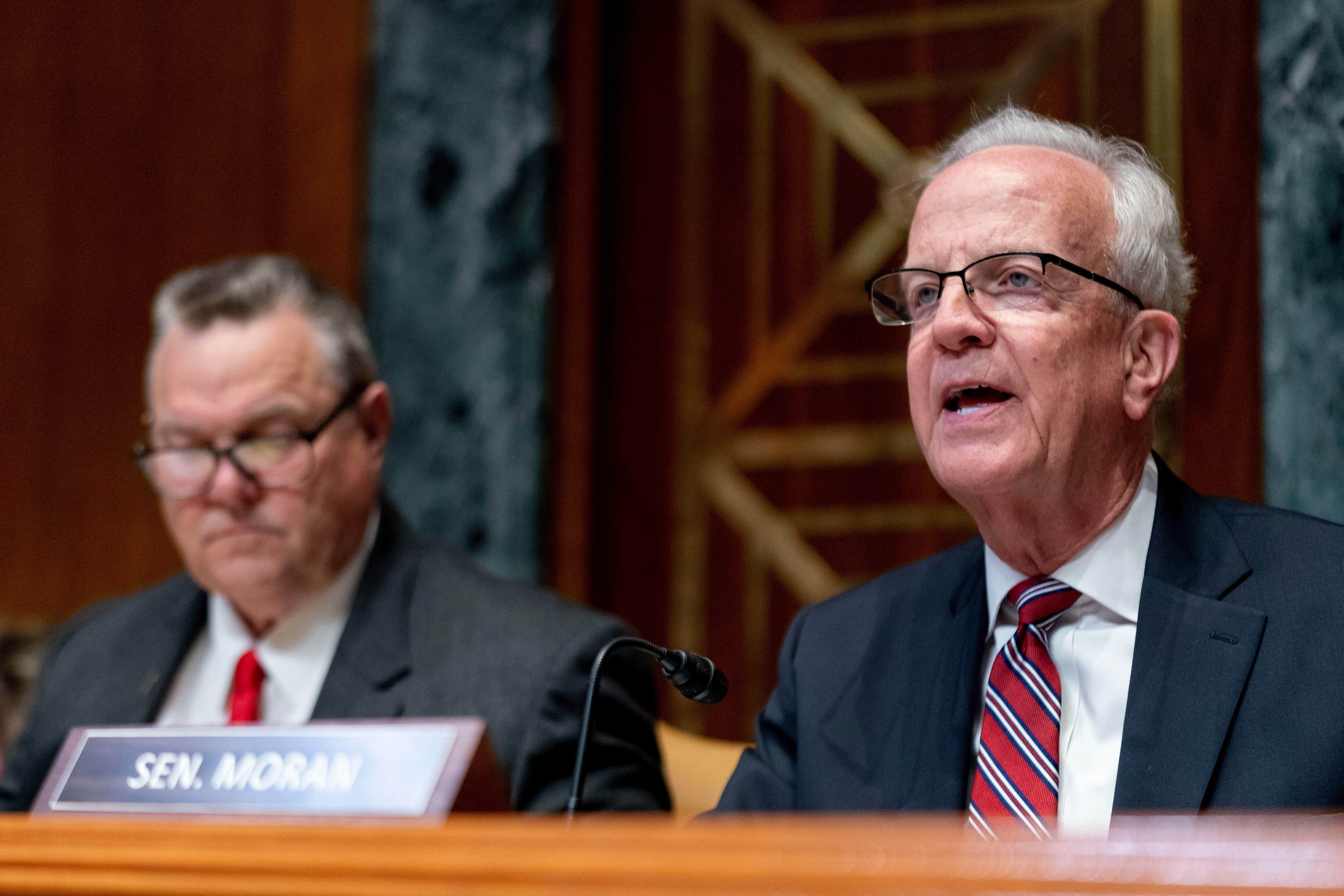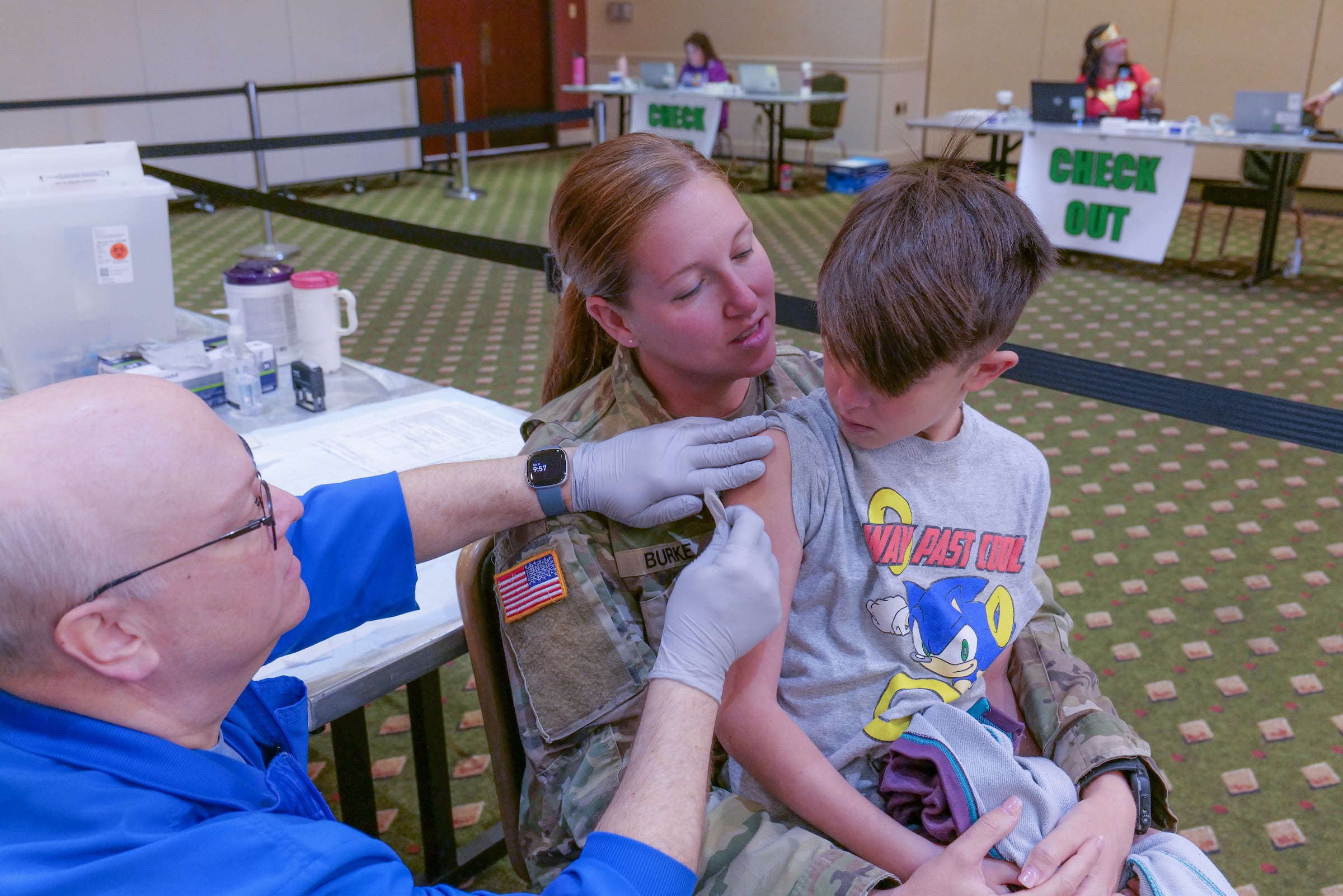On the morning of May 31, only a few hours before the Army Times revealed delays to the Army’s over-promised, under-delivered suicide prevention regulation, the Military Times published an opinion that asked the provocative question, “Has loneliness become a national security issue?” In it, retired Brig. Gen. Jack Hammond, using Jack Teixeira, the Massachusetts Air National Guardsman accused of leaking classified documents, as his poster child, argued for “a comprehensive review” of the security clearance process. He went further, suggesting the government develop new screening criteria to identify “people who exhibit loneliness, poor self-esteem and grandiose narcissism,” and then, for those so identified, suspend or revoke access to classified information.
This is the sort of opinion that sounds nice, logical — national security-conscious even. And the author isn’t wrong in noting that “poor judgment or unreliable, untrustworthy, or dysfunctional behavior” can be symptomatic of some mental illnesses; they can. It’s just that by calling out “loneliness, low self-esteem, and narcissism” as things that should disqualify one from holding a security clearance, his suggestion may well increase the stigma surrounding mental health, making it less likely that troops seek help, and thereby — setting aside the primary harm to our most important assets — further masking eligibility concerns in a way that weakens national security.
The author begins by focusing on the recent pronouncement by the surgeon general of the United States of an “epidemic of loneliness and isolation,” before deploying statistics from the National Institute of Mental Health about the rising rates of mental health illnesses among the 18-25 year-old demographic, a sentence that reads almost like an accusation without apparent relevance. (For what it’s worth, these statistics may have resulted more from a shrinking stigma among younger generations coupled with the problem of underreporting among older ones.)
From the example of airman Teixeira, Surgeon General Dr. Vivek Murthy’s “plan to mend the social fabric of our nation,” and these statistics, the author draws the following conclusion: “loneliness, low self-esteem, and narcissism,” along with all other “mental health issues,” represent “red flags” in any security clearance adjudication.
Yet nowhere does the author define “loneliness.” Worse, he conflates emotion with illness, trait with symptom. Loneliness and low self-esteem can arise from adversity — a move, job change, divorce, or, yes, a pandemic — and bring about a diagnosable mental illness, like depression or anxiety. Or they can present as symptoms of an existing mental illness, such as post-traumatic stress, aka PTS. To the second, with the Department of Veterans Affairs estimating that anywhere from 10–30% of veterans experience PTS, there’s potentially a significant number of active duty service members presenting so-called “red flags.” Loneliness and low self-esteem, then, aren’t even on the same plane as narcissism, its own distinct illness that goes by the name “narcissistic personality disorder” in the Diagnostic and Statistical Manual of Mental Disorders, and may look to outsiders like confidence, but can be much harder to treat.
And at what point does one cross the threshold between the loneliness most humans experience and the sort of loneliness that threatens national security? When does one cross from being “self-confident” which describes most military leaders, to “grandiose narcissist,” which describes a few? And who makes this determination? A security clearance adjudicator untrained in behavioral health?

Yet in all of this, by singling out the lonely, the diffident, the self-centered, the author is actually increasing risk to national security.
Why? Because the author reignites the stigma the military services have labored — albeit unsuccessfully — to quash over the past two decades. Though likely unintentional, the author’s proposed solution communicates in hushed tones that, if you experience loneliness, if you hold yourself in low esteem, if you border on narcissism, then you should eschew seeking treatment because, to do so otherwise, will place you at increased risk of losing your security clearance. May God help you if you’re an introvert.
Nor is this speculative. In 2015, a paper published in Epidemiological Reviews revealed that upwards of 60% of military members “who could benefit from professional treatment do not access help or services.” Stigma was identified as one of the “barriers to help-seeking.” This belief that mental health treatment will impact — disparately and negatively — one’s security clearance is so pervasive that, as late as 2022, the U.S. Army Intelligence and Security Command had to release a statement dispelling the stigma surrounding mental health treatment, stating, “Security clearances are not denied for seeking help.”
There was a time when the Questionnaire for National Security Positions asked applicants to disclose whether, in the last 7 years, he or she had “consulted with a mental health professional (psychiatrist, psychologist, counselor, etc.)” or “consulted with another health care provider about a mental health related question.” Fortunately, our understanding of mental health issues, and the stigma this question reinforced, has advanced in the last two decades. The author’s proposal, though, would have us return to that foregone era — one where stigma was king, and service members, its subject.
I am all for protecting national security secrets, for ensuring that only the loyal, trustworthy, reliable possess access to our closely guarded secrets. But this proposal does not advance that end; rather, it increases stigma, forcing service members living with mental illness to retreat even further into the shadows, and denying them life-saving treatment and a means for improved mental health.
And that is the true threat to national security.
Eric Michael (E.M.) Liddick is the author of the memoir All the Memories That Remain: War, Alzheimer’s, and the Search for a Way Home. His work has appeared in the Pittsburgh Tribune-Review, The War Horse, War on the Rocks, The Moving Force Journal, and Thought Catalog. A native of central Pennsylvania, E.M. graduated from Penn State University and Tulane University Law School. He served in the 75th Ranger Regiment and 82nd Airborne Division, with multiple deployments overseas. He currently lives in Northern Virginia.
Have an opinion?
This article is an Op-Ed and as such, the opinions expressed are those of the author. If you would like to respond, or have an editorial of your own you would like to submit, please email us. Want more perspectives like this sent straight to you? Subscribe to get our Commentary & Opinion newsletter once a week.





